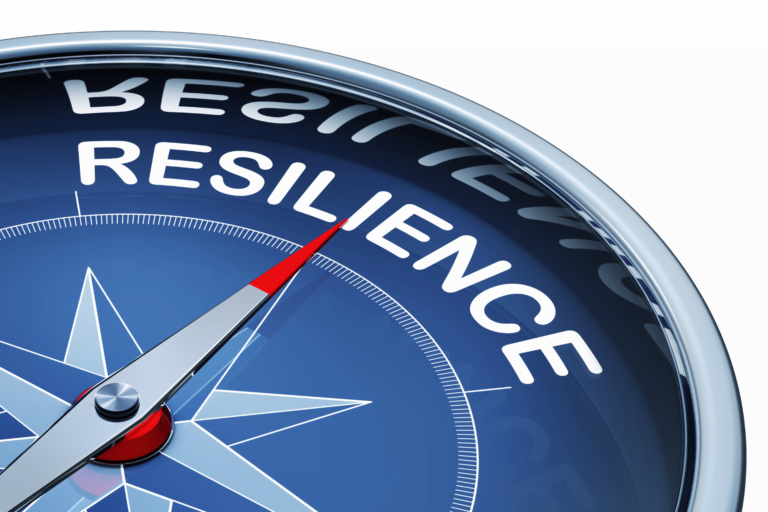When Therapy Doesn’t Go Well
3 ways to stay resilient as you seek the right help.
You’ve made it past the butterflies of starting therapy:
- Will it work?
- Can things ever get better?
- Can I trust someone with my secrets?
Then something doesn’t sit well. You don’t really click with your therapist. They don’t seem to get you. There’s something off, or even unprofessional. Now what?
Starting therapy can feel like a big step, and sometimes it doesn’t go right on the first try. In my two decades of doing this work, I’ve heard a wide range of stories about people’s first attempts in therapy. Often, things go better than imagined. Sometimes it’s just not the right chemistry. On rare occasions, things seem like a scene out of a bad movie. I’ve seen people who’ve had negative experiences drop out and vow to never return, all while the help of the right therapist could have made all the difference.
Here are some steps to take when you’ve had a negative experience in therapy:
Stay optimistic. When something goes wrong and you’re already dealing with the anxiety, depression and the stress that brought you into therapy, it can be easy to default to thinking like “I’ll never get better”, or “I’ll never find the right therapist”. Remind yourself that you have already demonstrated resilience by asking for help. People who seek therapy desire to grow and heal from the inevitable trauma, loss, pain and suffering that life delivers. Having a negative experience with a therapist does not mean there’s no hope. Sometimes speaking to your therapist about your concerns can help set things on course. But if it’s clear that it cannot work out, you still have options to help ease the transition.
Skip starting from zero. If it becomes clear that a fresh start is needed, ask your prior therapist to send notes of your first visit(s). The fear of having to start all over is a big reason people never go back to therapy once they’ve had a sub-par experience. It can feel overwhelming to have to revisit information you have already shared. Your prior therapist is ethically obligated to help ensure a smooth transition by providing past treatment notes directly to your new therapist. If you prefer not to, you might also want to bring your own notes of your main goals and hopes for your life, along with the things that didn’t work well in your past therapy attempts to help your new therapist best understand your needs.
Ask for recommendations. The best way to find a therapist with a solid reputation is to ask around. Some of the best referral sources include trusted friends, co-workers, primary care physicians, EAP (Employee Assistance Programs), health insurance companies and professional organizations such as the American Psychological Association or National Association of Social Workers. Be sure that your therapist is licensed, certified and has demonstrated expertise for the unique area you are seeking treatment. Depending on the reasons you are seeking a new therapist, your prior therapist might even be able to suggest a better fit for your needs.
Finding the right therapist is no easy feat. Just like any relationship, the right blend of chemistry and connection must be present. It might take more than one try, but can prove worth it. Remaining resilient through the process of finding the right therapist will likely help increase your resilience in the long run.
To find therapists near you, see the Psychology Today Therapy Directory.
* A blog is not a substitute for medical advice. It offers general guidance and tips but does not speak to every unique situation that can arise in one’s health. Please consult with a trusted licensed practitioner for recommendations that best suit your care needs.






